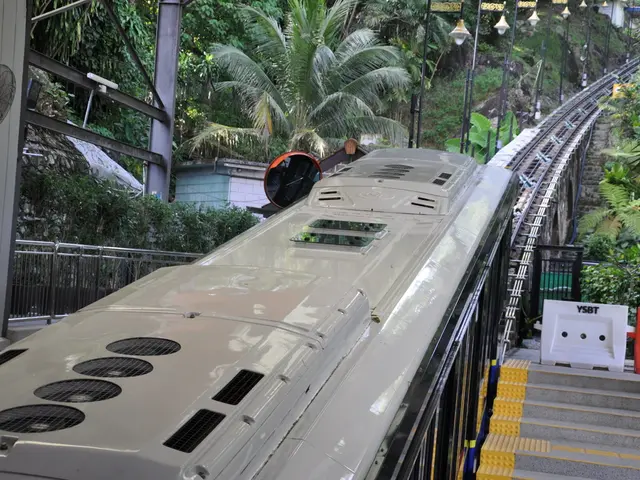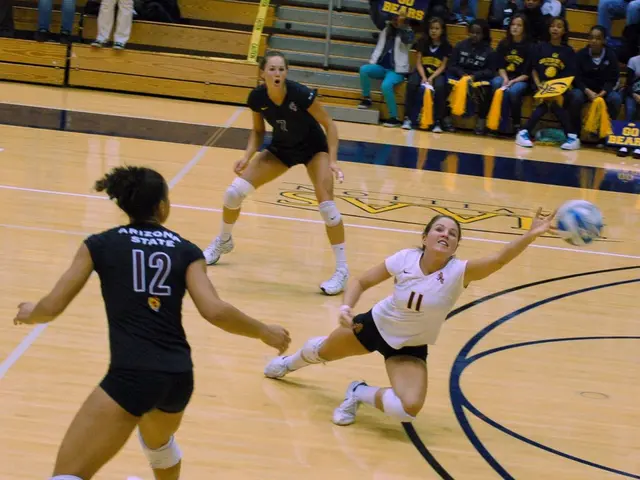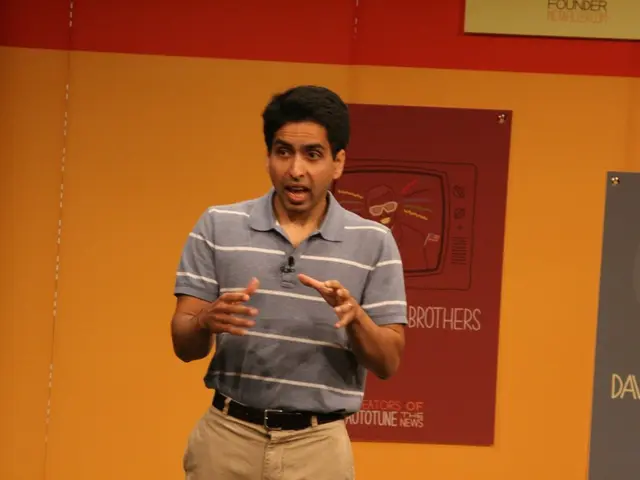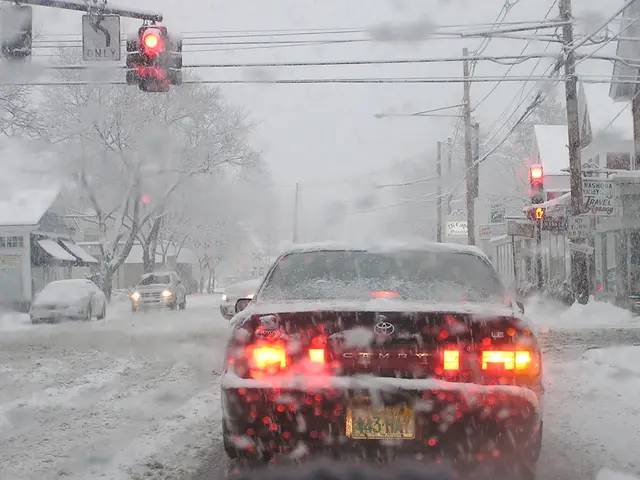Chancellor Merz Pushes for Rapid Ratification of the EU-Mercosur Agreement
Swift Ratification of Mercosur Agreement Highlighted by Chancellor Merz - EU Persists in Pursuit of Paris Climate Accord Execution
In the face of France's reservations, especially concerning agriculture, Merz remained hopeful: "I think these issues are isolated, not the whole deal. Rather, it's about finding common ground," he declared.
The chancellor underscored the importance of pursuing free trade agreements with various countries. "Now's the perfect moment to push for more trade deals," Merz stated, expressing unity with Paris on this issue.
After years of negotiations, the EU finalized the Mercosur agreement in December. The agreement's approval now depends on the EU member states and the European Parliament. The accord aims to boost EU-produced goods export towards Mercosur nations. However, French farmers are anxious about the influx of inexpensive meat, sugar, rice, honey, and soy into the EU.
Beyond the Mercosur Agreement
The disagreements between Germany and France reflect differing views among EU members on trade agreements. While Germany sees the agreement as economically advantageous, France prioritizes the protection of its domestic agriculture. This divide points to broader issues within the EU, where members have divergent priorities when it comes to trade policy.
The Path Forward
The ongoing disagreement could potentially impact the ratification process. The EU requires a qualified majority for approval, which means at least four countries representing a minimum of 35% of the EU population could veto the agreement. If France persists in its opposition and gains support from other member states, the ratification of the EU-Mercosur Agreement could be delayed or even blocked.
In Depth: The EU-Mercosur Agreement
The EU-Mercosur Agreement aims to create a massive free trade zone between the European Union and the Mercosur nations (Argentina, Brazil, Paraguay, and Uruguay), representing 750 million people and a considerable portion of the global economy[1]. However, the ratification process is uncertain due to differences among EU member states, particularly between Germany and France.
The EU-Mercosur Agreement, if ratified, is expected to benefit both parties economically. But the future of the agreement remains uncertain due to disagreements on agricultural protections and other issues.
- Chancellor Merz expressed optimism regarding the EU-Mercosur Agreement, suggesting that the issues of concern—mainly agriculture—are isolated and can be addressed through finding common ground.
- Merz emphasized the significance of pursuing free trade agreements, highlighting the current climate as an ideal opportunity for securing more deals.
- He reiterated his agreement with France on the importance of free trade, despite their contrasting views on agricultural protections.
- The EU-Mercosur Agreement, finalized in December, is awaiting ratification from the EU member states and the European Parliament, with the goal of increasing EU-produced goods export to Mercosur nations.
- French farmers, however, are uneasy about the potential influx of cheaper meat, sugar, rice, honey, and soy from Mercosur countries.
- The disagreements between Germany and France over the EU-Mercosur Agreement reflect broader differences among EU members on trade policy, with some prioritizing economic advantage and others the protection of domestic agriculture.
- The ongoing disagreement could jeopardize the ratification process, as a qualified majority—at least four countries representing a minimum of 35% of the EU population—is required for approval, potentially allowing France's opposition and alliances with other member states to delay or even block the Agreement's ratification.








